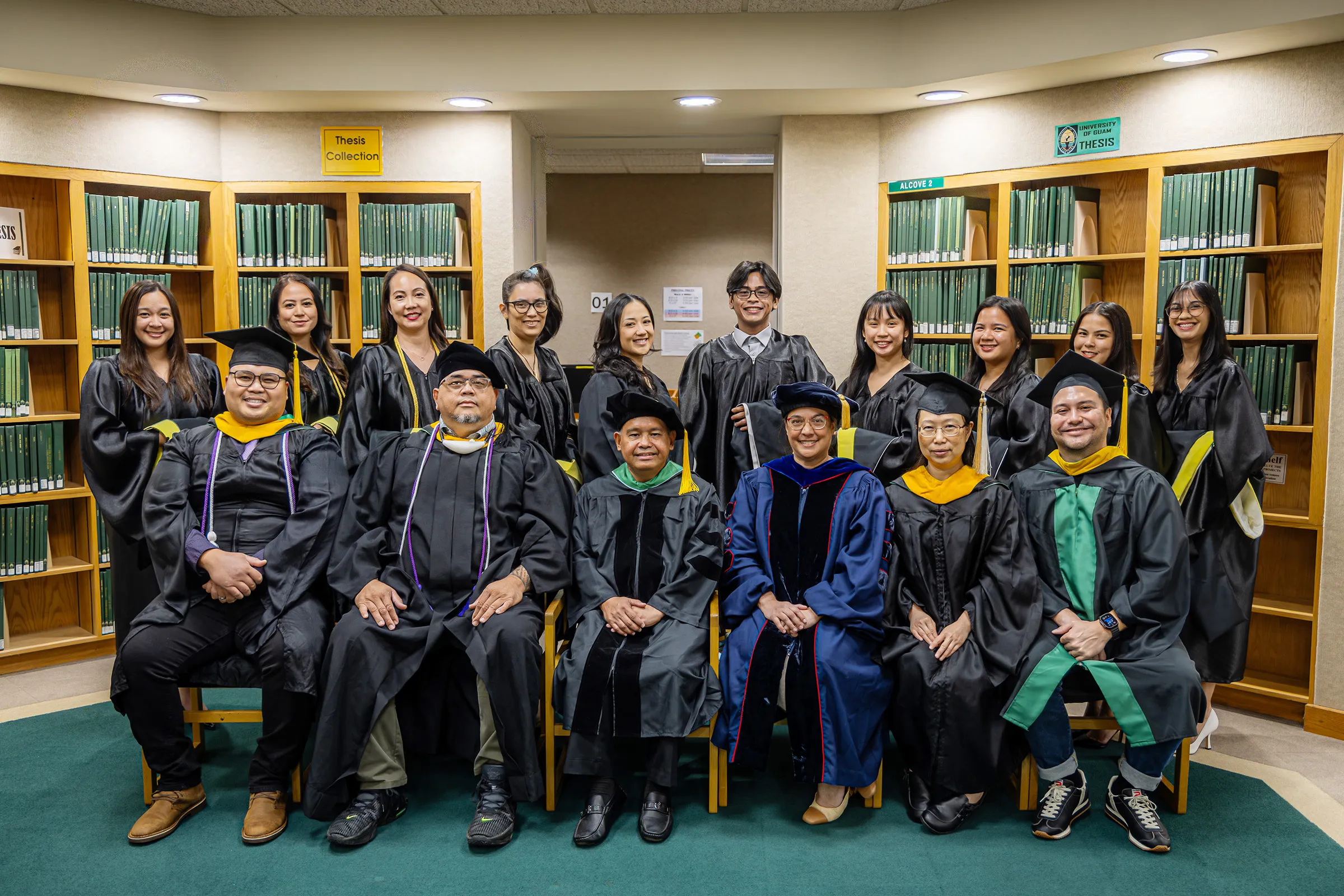
BASED on the administration’s pronouncements, what needs to be fixed is not the dismal local economy, but our “mindset.” Apparently, the problem is not the declining economy and the administration’s failure to reverse it. No. The “real problem” is our perception of the CNMI’s financial distress. We’re looking at it in “the wrong way.”
It seems that it is hard for the administration to believe that people whose livelihood depend on the overall health of the private sector — and not on taxpayers’ money — are unhappy with their leaders’ inability to improve the islands’ economic outlook. For the administration, as long as government employees are getting paid in full and on time, the folks who “whine” about the alarmingly low tourism arrival and hotel occupancy rates are, essentially, party poopers.
Almost two years ago, in reaction to tourism industry stakeholders who said the CNMI should tap into all tourism markets, the governor said he preferred to “strengthen the CNMI’s ties with its federal partners, including the U.S. military.” Why? Because, he said, “we cannot continue to be looking at things just for instant gratification,” referring to the private sector’s dire need for more customers. But what’s at stake is the survival of the islands’ remaining businesses (employers and taxpayers all). To equate that with “instant gratification” makes no sense at all.
The administration, however, has this deep-seated if not fanatical belief that U.S. military projects and other federally funded expenditures would not only “improve” the local economy, but would make it “really sustainable.” Only in this administration could “sustainability” somehow mean “total dependence on the feds” — but they’re sticking with it.
In his FY 2026 budget transmittal letter to the Legislature’s presiding officers, the governor declared that expanding tourism requires a shift — no, not in resources and focus, but (drumroll please) in “mindset.” As if on cue, MVA, the government agency tasked to improve tourism numbers, announced that “tourism is more than just numbers.” That’s like saying a toaster isn’t just for making toast.
But no matter how they spin it — well, they can’t actually. Even the governor’s State of the Commonwealth Address had to point out the painfully obvious: tourist arrivals are down, businesses closing, inflation, labor shortages, construction delays, and “more and more of our people relocating off island to seek greener pastures….”
And what has the administration done to make things better “for everyone, not just a select few”?
Well, it has “focused on long-term solutions,” and has “a very clear plan to stabilize our finances, make our community safer, healthier, and cleaner, rebuild our infrastructure, and, most importantly, revitalize our economy.”
And when can we see the results — if any — of these “efforts”?
Well, we have to be patient. Actually, we have to be more patient.
And meanwhile?
Businesses, PSS, CUC, and the Health Network Program would have to absorb the impact while the public pays more in fees and taxes, which the governor calls “innovative, sustainable revenue-generating measures.” Only government officials can refer to taking other people’s money as “innovative” instead of calling it a stickup.
But worry not. According to the governor, it was much worse back in the day, during the Trust Territory administration. “Sacrifice, public service, and hard work,” he said, “was the state of the Commonwealth before we even became a Commonwealth.”
That is not entirely correct, as anyone who has read Variety’s back issues would attest. The TT days were marked by abject dependency on Uncle Sam, big government, and a barely existing economy. At the time, the NMI people couldn’t wait to get out of the TT system and become self-governing — in part, to improve the local economy.
And through their Commonwealth government, they did exactly that.
As Jack Peters, former director of NMC’s Business Development Center, would put it in his remarks at a 1999 economic summit, “Historically, the CNMI has economically outperformed every U.S. territory or insular area, some states, and most of its Pacific Island neighbors. [T]he CNMI took the hand it was dealt and responded accordingly. It used its status as a Commonwealth under the sovereignty of the United States. It used its proximity to Asia; it used its conditional duty-free access to U.S. markets; it used tax incentives; it used its access to foreign capital; it used its ingenuity; and it sharpened its entrepreneurial spirit. No transgression or allegation, by any industry, by any company or by any individual, can nullify this achievement by the CNMI.”
Heck yeah.
Send feedback to editor@mvariety.com










